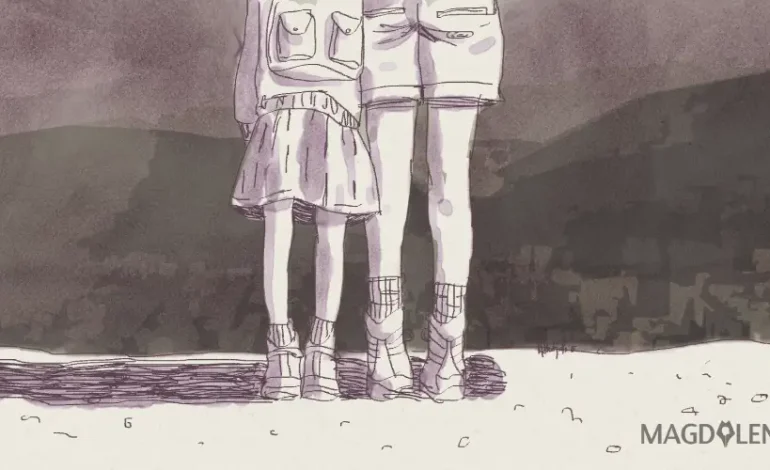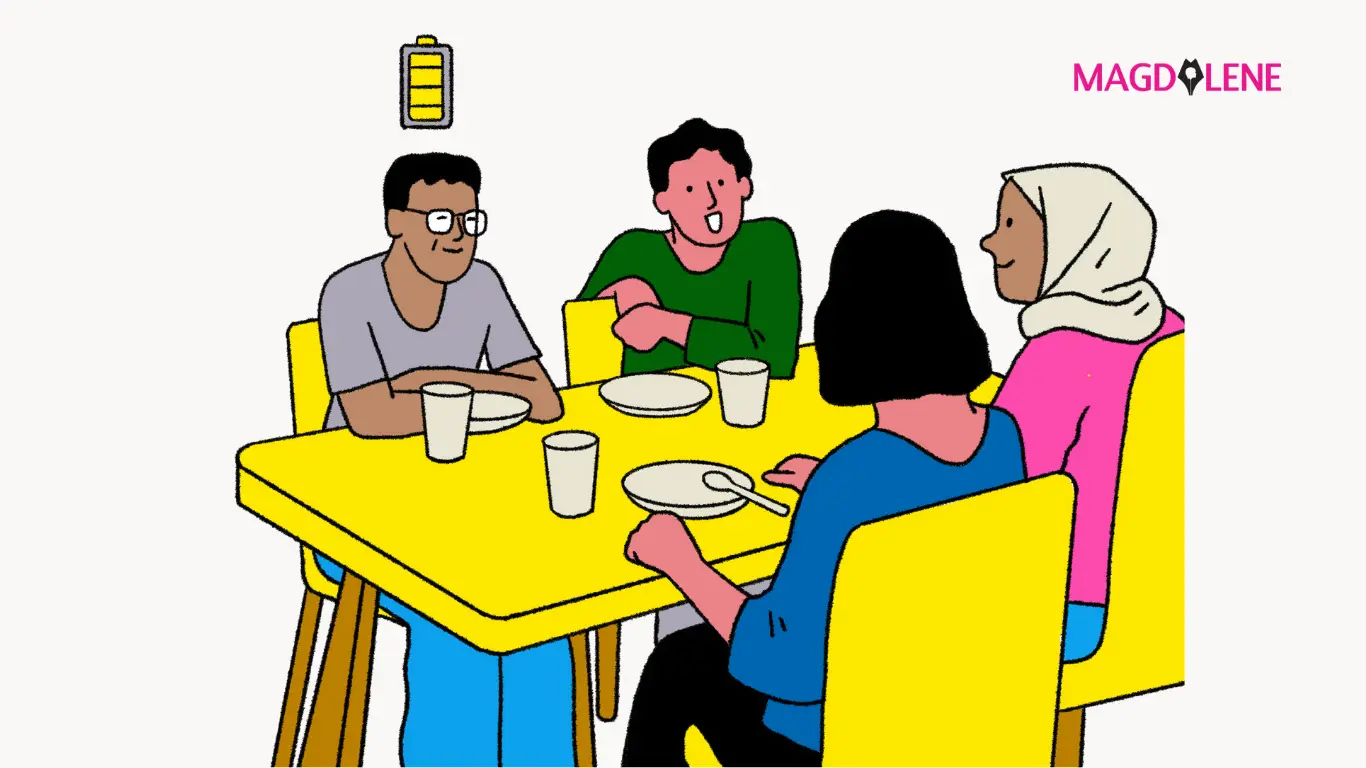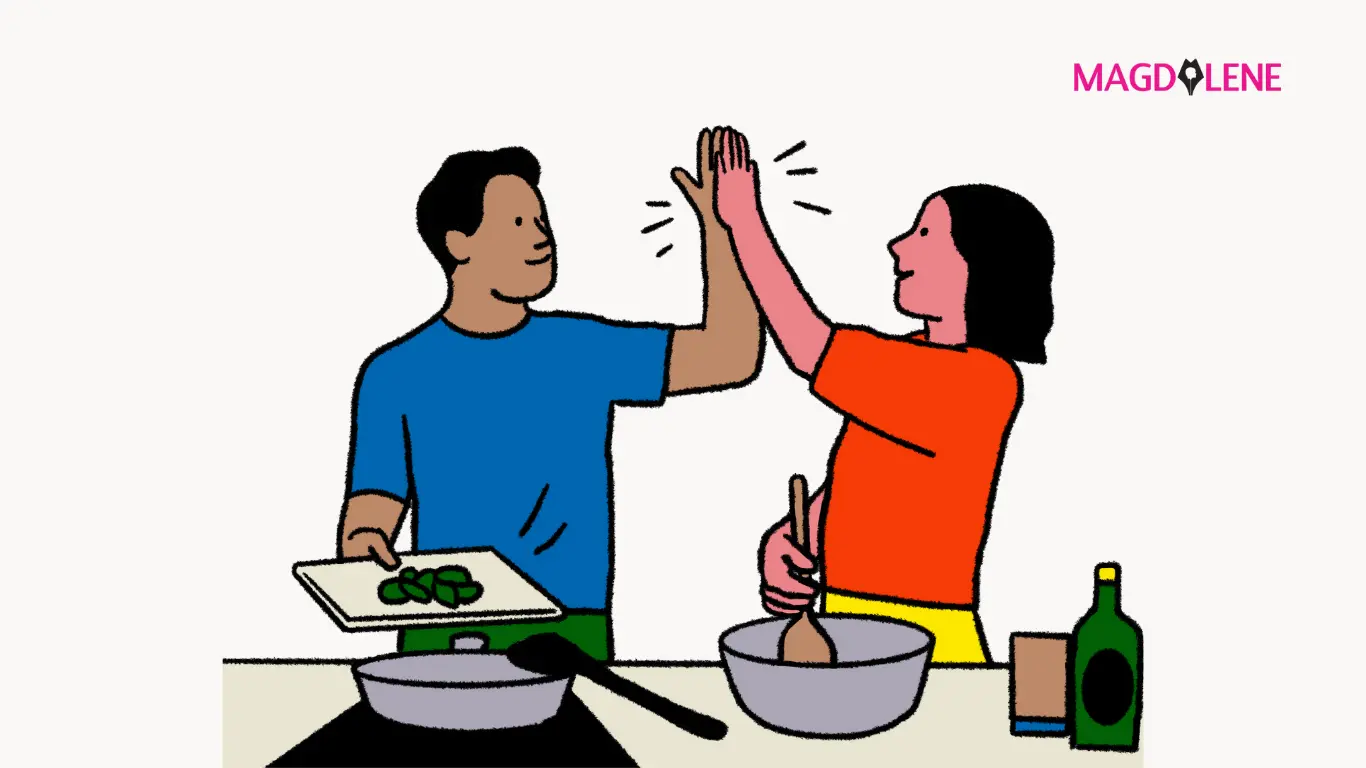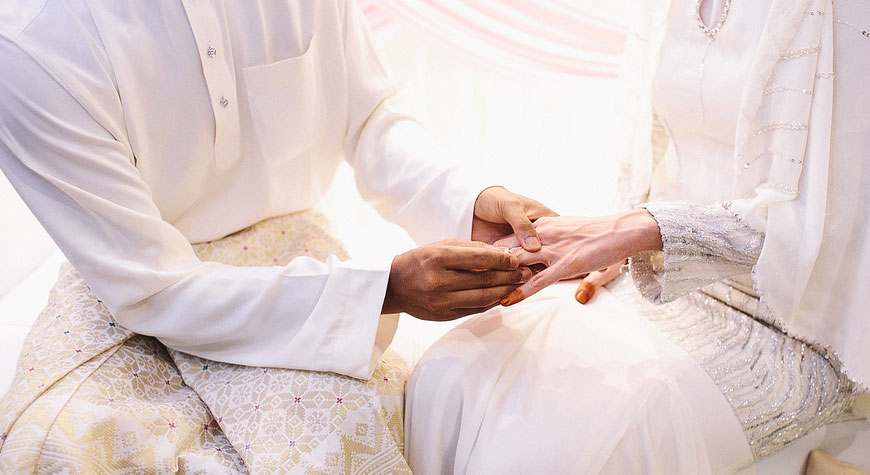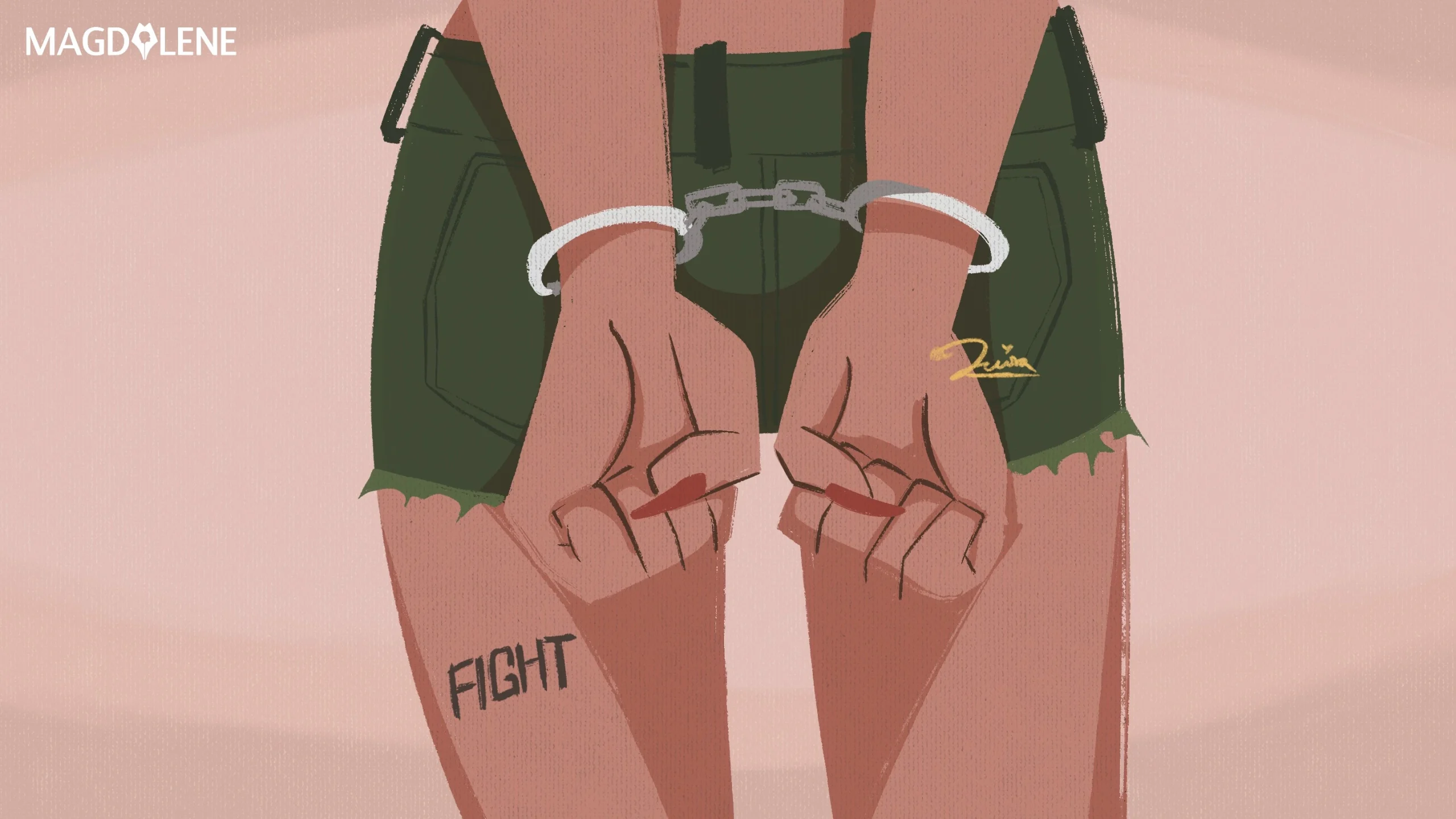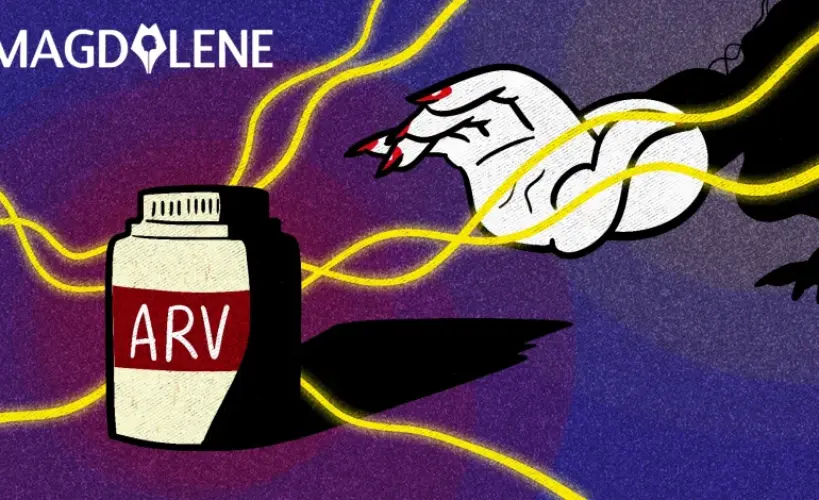Embracing Your Vulnerability for Love and Happiness
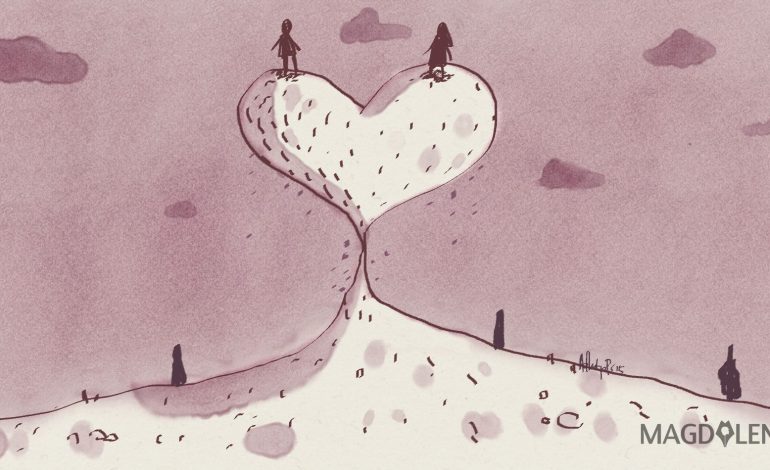
No one likes to be vulnerable. Nobody really wants to show others that they are afraid of losing their best friends, that they hate their body for being fat. And absolutely no one wants the world to know that they’re suffering from any kind of mental illness. That is the very basic idea: no one wants to look weak. And neither I do I.
I was born in a place that values perfection as the only goal, and that made me the kind of person who cannot tolerate any kind of vulnerability. I’d rather fake it ‘till I make it, ‘till I became a student in the number one university in Indonesia. Until one day, one day I can’t handle myself for being perfect because I never know who I really am.
Then one day, my friend shared a TED talk video on my Facebook timeline. I was curious about the quote he cited and here’s the line:
“The problem is – and I learned this from the research – is that you cannot selectively numb emotion. You can’t say, here’s the bad stuff. Here’s vulnerability, here’s grief, here’s shame, here’s fear, here’s disappointment. I don’t want to feel these. I’m going to have a couple of beers and a banana nut muffin. (Laughter) I don’t want to feel these.”
As someone who studies psychology, the quote slightly bothered me. I’ve learned from the beginning of my semester that I can divide emotions into positive and negative. How can someone say that I cannot choose what I want to feel? Who is this person who said it? I looked up the speaker, and found out that she is a professor. Her name is Brené Brown, and she is my Number 1 hero now.
She gave me an answer that I’d been waiting for so long. She told me that it’s about time to stop faking about myself, to try to accept who I really am, instead of becoming someone that I always sure could be me. In her book Daring Greatly she said that there’s no need to deny our vulnerabilities, they will always come and there is no way to escape from them.
Vulnerability contains things we never like, the truth that we hide so deep until we forget that it even exists. The fear of losing our job or of not making our parents proud. Or why we are reluctant about forming a new relationship, because we are too afraid of losing the very person we fall in love with. But from the most undesirable truth, Brown said, comes the things that we always want. Love, courage, and empathy only come when we embrace our vulnerability.
This argument stunned me. I finally realized that I’m in the process of accepting my vulnerability. It’s always hard to understand her logic in the age where people embrace power, not vulnerabilities. But Brené Brown emphasizes that vulnerability is not a weakness if we embrace it, if we accept it to be a part of us, our identity.
As I’ve said, no one likes to embrace the truth that terrorizes them in nightmares – the unfilled dreams that shadow their life. But only by embracing the truth can we feel joy, happiness, and love. Only by accepting the very bad part of us will we finally realize that we are enough. After all the things that we have gone through, we’ve done enough. There’s no better self than we are right now. And only by accepting ourselves we can feel a genuine joy, because whatever bad things to happen to you, you still have yourself.
And here I’m quoting another line from my hero, “Imperfections are not inadequacies. They are reminders that we’re all in this together.”
To be vulnerable is something we should embrace, because we are imperfect, and imperfection is the essence of being human. May happiness comes upon you.
Debbi R. Saragih is a complex psychology student who still hasn’t figured out whether she is an introverted or an extroverted person, probably because she’s an ambivert. She’s on a journey to accept her vulnerabilities.


